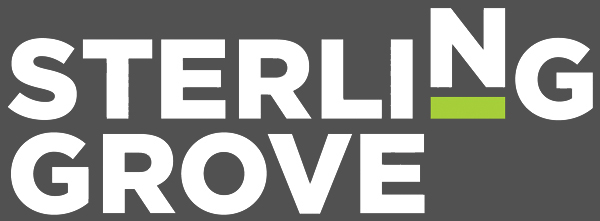The government is consulting on the implementation of the Organisation for Economic Co-operation and Development (OECD) Model Reporting Rules for Digital Platforms.
These new rules will require digital platforms to report details of the income of sellers on their platform to the tax authority and also to the sellers.
Businesses including individuals who sell services or rent out property through digital platforms will be impacted.
The government has confirmed it is implementing the OECD model rules from January 2023 at the earliest, with the consultation expected to end on 22nd October 2021.
The consultation sets out the details of the rules, and invites views on the optional elements and the UK’s proposed implementation of the rules.
This measure is expected to have a significant combined impact on an estimated 2-5 million businesses who provide their services via digital platforms though the impact for each seller is expected to be small.
The government has said that it will look to minimise burdens for digital platforms where possible, whilst also ensuring that the information reported is accurate and useful.
There will also be an optional exemption for start-ups and a phasing in period for some of the obligations to help spread out the initial impact.
The growth of the digital economy creates challenges of compliance and tax collection for HM Revenue & Customs (HMRC) and other tax authorities.
The new rules will improve international cooperation on the exchange of information for tax purposes.
They will allow HMRC to have access to data from platforms based outside the UK quickly and efficiently, which should encourage compliance and increase the visibility of transactions.
The rules will also help taxpayers to get their tax right, and will help HMRC to detect and tackle tax non-compliance.
The fact that the rules are standardised is designed to ensure that platforms do not face a patchwork of different tax reporting requirements across jurisdictions, minimising the administrative burdens on them.
The government says it is aware of the need for proportionate and measured reform, especially given the present recovery from COVID-19.
How the model rules work
Broadly, the OECD model rules work as follows:
- platforms must collect certain details about their sellers, including information to accurately identify who the seller is and where they are based, as well as how much they have earned on the platform over an annual period
- platforms must verify the seller’s information to ensure it is accurate
- platforms must report the information, including the seller’s income, to the tax authority annually by 31 January
- platforms must also give that information to the sellers, so that they can use it to help them complete their tax returns
- tax authorities then exchange information with other tax authorities where the sellers are resident (or rental property is located)
- the information is used by tax authorities to ensure that sellers are complying with their tax obligations and to tackle non-compliance if they are not
- tax authorities must enforce the rules and see that platforms are operating them correctly, and there may be penalties for non-compliance
